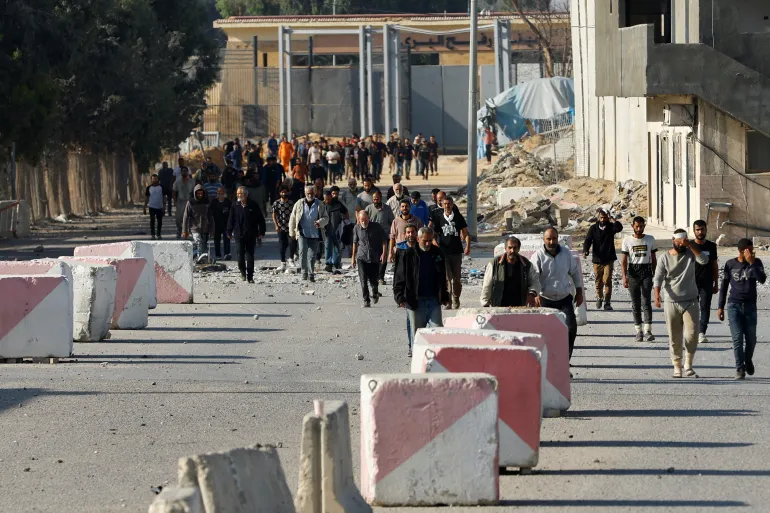
Following Russia’s withdrawal from the Black Sea grain deal, which was implemented with the UN’s mediation and Turkey’s contribution, efforts to revive the deal continue.
At a joint news conference with his Russian counterpart Sergey Lavrov in Moscow last week, Turkish Foreign Minister Hakan Fidan said that with Turkey’s contributions, the UN has prepared a new package of proposals that would provide a conducive environment for reviving the initiative.
The key components of the proposal package include the integration of a subsidiary of the Russian Agricultural Bank (Rosselkhozbank) into the SWIFT system and the release of frozen assets of Russian fertilizer companies in Europe.
While Turkey coordinates with the UN to revive the Black Sea Grain Initiative, other formulas put forward as alternatives to the agreement pose security and cost issues.
Russia has expressed its concern that the grain transported through the corridor established under the agreement went to developed countries.
Moscow is now proposing the shipment of 1 million tons of grain to Turkey with the condition that it is processed in Turkey under Qatar’s financial sponsorship before being sent to the least-developed countries.
However, compared to the operational volume of the Black Sea Grain Initiative, which allows about 33 million tons of grain to be shipped to the world in a year, the 1 million tons of grain offered by Russia is far below the needs.
The risk of insufficient grain reaching those in need poses a danger of rapidly rising prices in the markets and triggering a global crisis.
The Black Sea Grain Initiative had undertaken a major operation to ensure world food security and stability in global food prices.
If the initiative resumes, after a brief repair at Ukrainian ports, the immediate shipment of 220,000 tons of grain, which is capable of feeding 810,000 people for a year, can be started.
Risk of escalation
Following Russia’s withdrawal from the agreement, Ukraine has proposed an alternative for the shipment of grain to the world through Romania.
In Ukraine’s proposal, which excluded Russia, the grain would be transported from Odesa Port by sea to Romania, then via the Danube River to Europe, and eventually shipped worldwide by sea.
It’s worth noting that the route between Odesa and Romania includes areas affected by the ongoing Russia-Ukraine war, and the Danube River has occasionally witnessed clashes and bombardments.
After withdrawing from the grain deal, Russia said that any ships going to Ukrainian ports in the Black Sea would be treated as potential military cargo carriers and the countries of such ships will be considered to have taken part in the war on the side of Kyiv.
In this case, there are fears of a scenario in which Russia’s use of military force in the Black Sea will expand and turn into a complex security issue in which the countries to which the ships belong could be drawn militarily and politically.
Additionally, these alternatives raise transportation costs significantly, which can lead to a rise in grain prices in global markets.
On July 17, Russia suspended its participation in the deal, brokered by Turkey and the UN, to resume grain exports from three Ukrainian Black Sea ports that were paused after the Ukraine war in February 2022.
Moscow has repeatedly complained that the West has not met its obligations regarding Russia’s grain exports. It said restrictions on payments, logistics, and insurance have been a barrier to its shipments.




